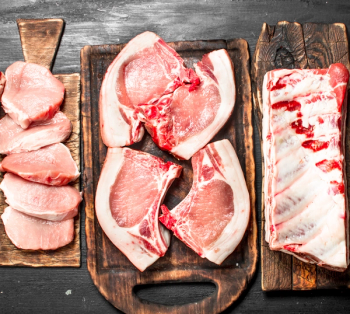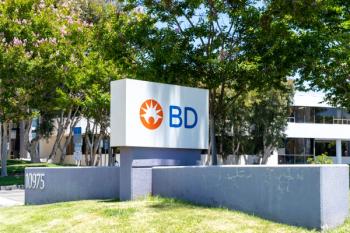
Biotage to Host Programs on Organic Synthesis
Biotage (Uppsala, Sweden) announced plans to sponsor summer programs for chemists to learn about the latest approaches for the rapid production of novel compounds.
Biotage (Uppsala, Sweden) announced plans to sponsor summer programs for chemists to learn about the latest approaches for the rapid production of novel compounds. The three-day programs will be held July 21-23, 2008, at the University of Richmond (Virginia) and July 29-31, 2008, at the University of Edinburgh (UK). According to the company, the programs will bring together industry and academic leaders for discussion of issues such as solid-supported reagents and scavengers in microwave synthesis, microwave-accelerated metal-catalyzed transformations, and flow synthesis. Workshops will focus on streamlining workflows with microwave and flash purification systems, scavengers, reagents, and reaciton work-up products. The programs will also include poster sessions.
Newsletter
Join the global community of analytical scientists who trust LCGC for insights on the latest techniques, trends, and expert solutions in chromatography.




